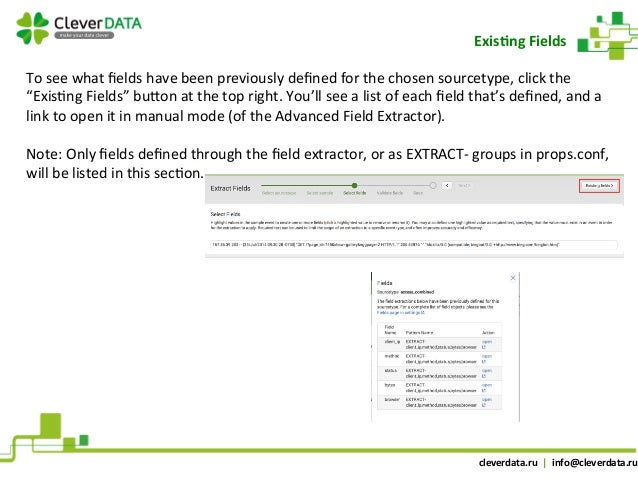

I guess learning this method is always better, since it also works Is not the same as stats count by er | rename er to user So, your condition should not find an exact match of the source filename rather than it should be a pattern of ending with filename.

besides the file name it will also contain the path details. IMPORTANT: Even though Splunk does not show the new lines, it will come out as expeected in JIRA!įor some wacky reason, stats count by er as user 01-25-2018 08:28 AM LHSPLUNK, ususally source name is fully qualified path of your source i.e. Use nomv to teach JIRA to recognize multi-value rows, then use rex to replace spaces with new lines. Use mvexpand to split multiple results from rex into their own separate rows
#Splunk eval if statement trial
Through lots of trial and error, I have found these patterns to work nicely: However, Splunk is a terrible means to nicely format output, especially when trying to send Often this also means better usability, as it takes less mental energy to parse output Which means, if you have a column of either empty string, or value, and you want to get empty strings only, use NOT rather than !=. Turns out, empty string is considered "not existing". When doing this, remember to put search in the subsearch! Otherwise, it won't work at all. Objective: Determine which IPs in `suspicious_ips` have NOT been logged in `valid_ips`. This is a semi-complicated example I've used: Example Logs: Log in `api_logs` should be as unique as possible, so that it won't pull information Searches for its useragent from `nginx_logs`. This searches all logs and tries to cross-reference a request-id from `api_logs`, and (endpoint="/userinfo" AND request-id="random-hash") OR user="random-hash" However, there are other ways to formulate your query! See this link for inspiration. However, some older splunk versions do not support it. This is used for funneling the output of one splunk query, into another query. | eval ip_addr=if(isnull(ip_addr), "null", ip_addr) Trying to use a nested value in a dictionary, in an eval statement? Use rename first! Example Entry: # eval word = "foobar" | eval short = substr(word, 1, 3) | table short

Substrings eval variable_name = substr(variable, start_index, length) String Concatenation eval variable_name = "string1". # This is especially handy when you want to ignore whitespace! String Replacement rex mode=sed field=your_field "regex_statement" If you're trying to get multiple matches, use max_match, where max_match=0 finds unlimited matches. | eval status=if(messageStatus = "undelivered", "fail", "success") | rex field=context.MessageStatus "(?\w+)" Instead, we need to do the following: index="my_log" If you're unable to match field values as you expect, extract the non-whitespace values from the field and compare against that instead.įor example, in the below example, ssageStatus may contain whitespace, so Splunk won't capture them with a standard =. Strings String Matching (with whitespace supression) Analysis Events over time index="my_log"Īrrays Does an array contain a specific value? "array_name', array_index)
#Splunk eval if statement how to
Why is it so hard to find out how to do a certain action? So this is a cheatsheet that I constructed to help me quickly gain knowledge that I need. See Overview of SPL2 eval functions.I really don't like Splunk documentation. You can use a wide range of functions with the where command. The search command evaluates OR clauses before AND clauses. The where command evaluation order is different than the evaluation order used with the search command. The order in which predicate expressions are evaluated with the where command is: This search looks for events where the field foo contains the string value bar. In this example, The bar is interpreted as a string value. The search command handles these expressions as a field=value pair. Because the field bar-baz contains a character that is not a-z, A-Z, 0-9, or and underscore ( _ ), it must be enclosed in single quotation marks. This search looks for events where the field foo is equal to the field bar-baz. This search looks for events where the field foo is equal to the field bar. You cannot do that with the search command. One advantage of the where command is that you can use it to compare two different fields. See the like (, ) function in the list of Comparison and Conditional eval functions. In this example, the where command returns search results for values in the ipaddress field that start with 198. Use the underscore ( _ ) character as a wildcard to match a single character.Use the percent ( % ) symbol as a wildcard for matching multiple characters.With the where command, you must use the like function. You can use wildcards to match characters in string values. Typically you use the where command when you want to filter the result of an aggregation or a lookup. The where command is identical to the WHERE clause in the from command.


 0 kommentar(er)
0 kommentar(er)
